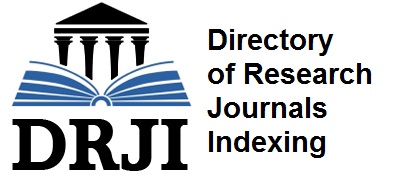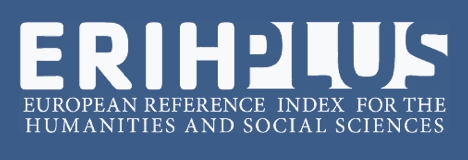«Auctoritas» i «Utilitas» pública de la poesia (c. 1393-1413)
"Auctoritas" and public "Utilitas" of Poetry (ca. 1393-1413)
Abstract
L’any 1393, Joan I d’Aragó institueix els certàmens de poesia de la «Gaia Sciència». Una sèrie de documents oficials, emanats per la Cancelleria catalanoaragonesa entre els anys 1393-1413, permeten reconstruir els fets i l’ideari. L’expansió de la retòrica ciceroniana, a través dels tractats d’ars dictaminis i de regimine civitatum, dóna compte del nou valor del llenguatge per a la vida civil i, en particular, per a la pràctica política. L’eloqüència es vincula amb la saviesa. La poesia es transforma en ciència. L’equiparació amb les artes mechanicae, en la doble sistematització speculativa/practica, la transforma en un «treball intel·lectual», dirigit, seguint Aristòtil, al subjecte de l’acció (agere), amb notables beneficis higiènics i morals. La poesia és útil a la cosa pública. En promoure els certàmens poètics, el rei vetlla per la salut i felicitat dels seus súbdits. Els secretaris de cancelleria han articulat un discurs de legitimació social de la monarquia. La potestas del rei esdevé auctoritas.
In 1393, John I of Aragon established poetry contests of Gaia Sciència. A series of official documents emanating from the Catalan-Aragonese Chancellery between the years 1393-1413, allow us to reconstruct the facts and ideas. The expansion of Cicero’s Rhetoric, through treatises of ars dictaminis and de regimine civitatum, demonstrates the new value of language to civil life and especially to political practice. Eloquence is linked with wisdom. Poetry becomes science. The comparison with the artes mechanicae, in the double systematization speculativa/practica, turns poetry into an ‘intellectual work’, directed, according to Aristotle, to the subject of the action (agere), with remarkable benefits, both hygienic and moral. Poetry is useful to the res publica. In promoting poetry contests, the king ensured the health and happiness of his subjects. The chancery secretaries have articulated a discourse of the social legitimacy of the monarchy. The king’s potestas becomes auctoritas.

This work is licensed under a Creative Commons Attribution-NonCommercial 4.0 International License.
Authors who publish with this Journal agree to the following terms:
Authors retain copyright and grant the Journal right of first publication with the work simultaneously licensed under a Creative Commons Attribution-NonCommercial 4.0 International License.
This Journal permits and encourages authors to post items submitted to the Journal on personal websites or institutional repositories both prior to and after publication, while providing bibliographic details that credit, if applicable, its publication in this Journal.

















